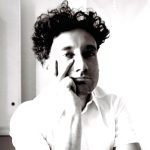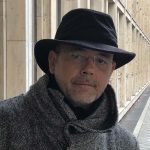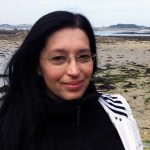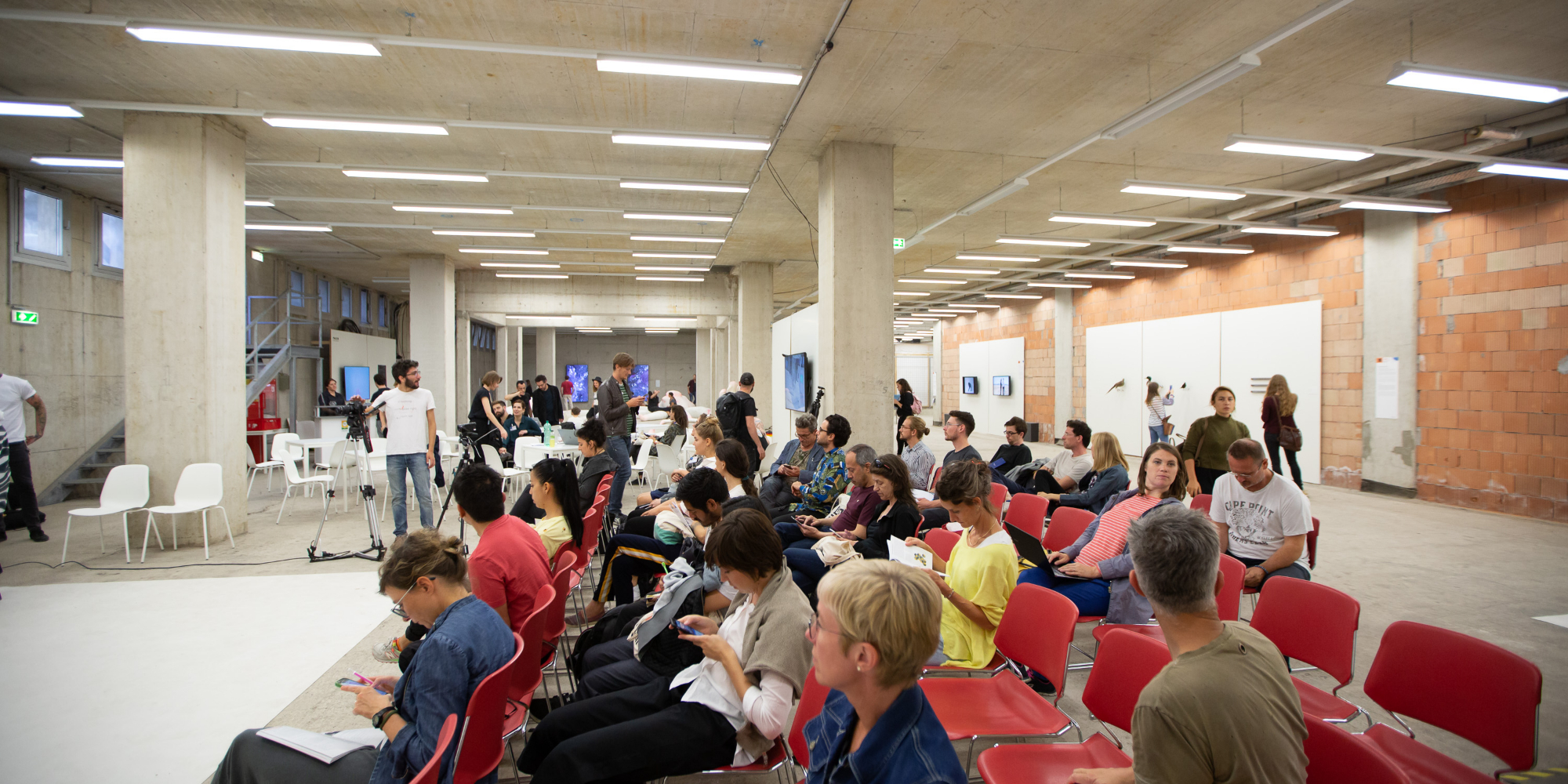Moderation: Jens Hauser (DE/FR/DK)
Speakers: Jo Wei (CN), Vicente Matallana (ES), Marta de Menezes (PT), Robertina Šebjanič (SI), Paul Vanouse (US)
Dieses Panel mit prominenten VertreterInnen der Biomedienkunst diskutiert die beispiellosen Herausforderungen an Präsentation, Transport, Konservierung und das Sammeln von Kunst, die sich die unterschiedlichsten Technologien der Biowissenschaften aneignet. Der Übergang von der organischen Repräsentation oder Simulation zur tatsächlichen biologischen Manipulation führt zu technischen, institutionellen, regulatorischen, rechtlichen, ethischen, bürokratischen, philosophischen und ästhetischen Fragen.
Biografien:

Moderation: Jens Hauser (DE/FR/DK)
Jens Hauser (DE/FR/DK) is a Paris and Copenhagen based media studies scholar and art curator focusing on the interactions between art and technology, trans-genre and hybrid aesthetics. He is a researcher at the University of Copenhagen’s Medical Museion and the Art/Science Chair at the École Polytechnique Paris-Saclay, a distinguished affiliated faculty at Michigan State University where he co-directs the Bridge Art Program, as well as a faculty member at the Department for Image Science at the Danube University Krems, Austria, and guest professor at the University of Applied Arts in Vienna.
Speakers:

Jo Wei (CN)
Jo Wei is a curator, researcher and the founder of the Pan Bio-Art Studio (PBS). She is currently a researcher of Art, Science and Technology (AST) in the Central Academy of Fine Arts (CAFA), Beijing. Her recent research interests include AST in a posthuman context, bio art/bio design, ecological art and others. Among the list of her many curations are Quasi-Nature: Bio Art, Borderline, Laboratory (2019, Hyundai Motorstudio, Beijing), and When Forms do not Become Attitude (2016, CAFAM, Beijing). Wei was the co-curator of 1st and 2nd edition of Beijing Media Art Biennale and International Adviser for the European Commission’s 2019 STARTS Prize.

Vicente Matallana (ES)
Vicente Matallana is the director of the BEEP Electronic Art Collection, as well as the founder and director of LaAgencia, an independent new media art company created in 1998 in Madrid. LaAgencia is engaged in programs and projects focused on new media art as an alternative paradigm of research and knowledge. Matallana is also a teacher and lecturer and regularly publishes articles and sits on international juries, seminars and committees for new media art. He is professor in the Master in Curatorial Studies at Universidad de Navarra. With Joasia Krysa, he has been the co-director of the Kunsthal Aarhus, Aarhus. He is a member of the advisory board of Kurator, as well as a member of the board of directors and treasurer of the Institute of Contemporary Art, the main art professional association of Spain.
Marta de Menezes (PT)
Marta de Menezes is a Portuguese artist (b. Lisbon, 1975) with a degree in Fine Arts by the University in Lisbon, a MSt in History of Art and Visual Culture by the University of Oxford, and a PhD candidate at the University of Leiden.
She has been exploring the intersection between Art and Biology, working in research laboratories demonstrating that new biological technologies can be used as new art medium.
In 1999 de Menezes created her first biological artwork (Nature?) by modifying the wing patterns of live butterflies. Since then, she has used diverse biological techniques including functional MRI of the brain to create portraits where the mind can be visualised (Functional Portraits, 2002); fluorescent DNA probes to create micro-sculptures in human cell nuclei (nucleArt, 2002); sculptures made of proteins (Proteic Portrait, 2002-2007), DNA (Innercloud, 2003; The Family, 2004) or incorporating live neurons (Tree of Knowledge, 2005) or bacteria (Decon, 2007). Her work has been presented internationally in exhibitions, articles and lectures.
She is currently the artistic director of Ectopia, an experimental art laboratory in Lisbon, and Director of Cultivamos Cultura in the South of Portugal.

Robertina Šebjanič (SI)
Robertina Šebjanič is an internationally acclaimed and awarded artist based in Ljubljana, Slovenia. Her art practice and research focuses on the cultural, (bio)political and biological realities of aquatic environments that serves as a starting point for an investigation into the philosophical questions about intersections of art, technology and science.
https://robertina.net/

Paul Vanouse (US)
Paul Vanouse is an artist and professor of Art at the University at Buffalo, NY, where he is the founding director of the Coalesce Center for Biological Art. Interdisciplinarity and impassioned amateurism guide his art practice. His bio-media and interactive cinema projects have been exhibited in over 25 countries and widely across the US. He has an MFA from Carnegie Mellon University.


